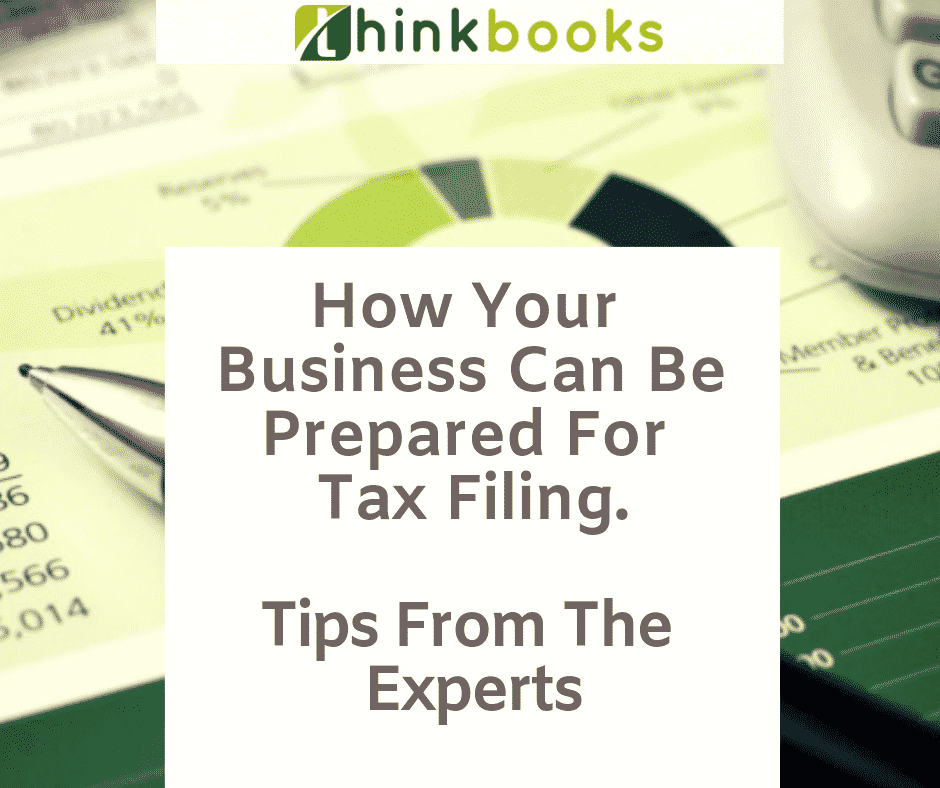It is that time of year again. When small business owners fret over their tax filings and accountants work endless hours to make the filing deadlines while ensuring their clients are taken care of.
If you are self employed in any way, whether it be a dog walker, freelance journalist or owner of a brick and mortar shop, you are a small business owner and your taxes need to be dealt with appropriately.
Here are some tips to ensure that you have everything you need to make this tax season a little less taxing!
- Keep Good Records
From the very first day you start your business, you should get in the practice of keeping all of your receipts. Keep them neat and organized. Don’t forget cash transactions. Keep a log of every purchase you make. - Get Advice on Big Purchases
Many small business owners make the mistake of thinking that the total price paid for a major business purchase can be written off all at once; however, this is not necessarily the case. Under the Canadian tax system, the cost of assets usually must be deducted over several years (depreciation). The system also requires that different assets are deducted at different rates (capital cost allowance).
Before buying assets for your business discuss this with your accountant as they’ll know the tax benefits, deprecation rate allowed andbest time to make purchases. - Pay Attention to Filing Deadlines
The CRA requires most business owners to submit their returns by April 30 if their business fiscal year matches the calendar year. However, businesses may opt to observe a non-calendar fiscal year, and if they do, their returns are due six months after the end of their fiscal year.
In the case of GST/HST filings, whether you file your GST/HST taxes monthly or quarterly, the return and the payment are due one month after the end of the reporting period.
Here are some useful links to guide you with when and how to file your taxes.
• CRA “GST/HST important dates”
• CRA “When to file your corporation income tax return”
• CRA “Fiscal period for income tax purposes”
Tax season can be confusing to many small business owners. Uncertainty about CRA expectations, what information is needed and how to get the most out of your tax filing, can be a source of great stress. If in doubt about how to proceed with your taxes, contact an accountant who will help guide you through this often-difficult process.


Comments are closed.